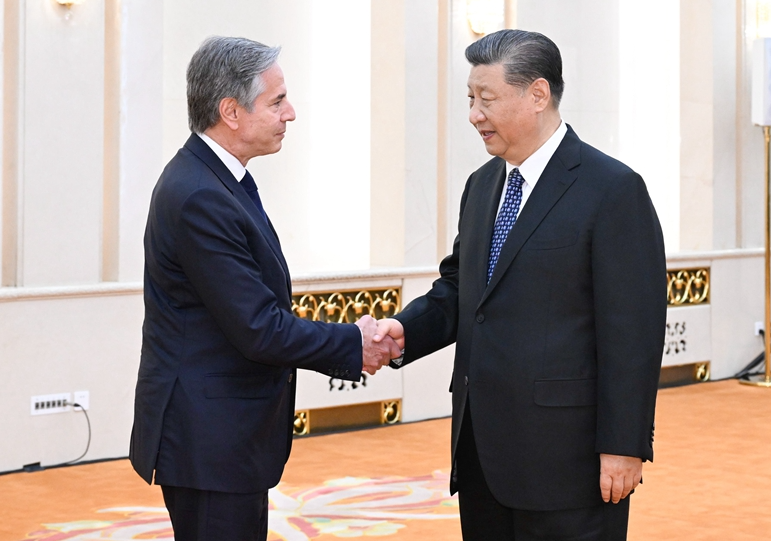Joseph S. Nye
Professor, Harvard University
May 02, 2025
Eight decades have passed since the energy contained within an atom was used in warfare. Yet rather than suffering nuclear Armageddon, the world has achieved a surprising nuclear stability – so far. Equally remarkable, while nuclear technology has spread to many countries, only a small fraction have chosen to use it to develop weapons. The world has benefited from an effective nonproliferation regime, a set of rules, norms, and institutions that have discouraged – albeit haltingly and imperfectly – nuclear proliferation. But can it survive an era of rapid geopolitical shifts?
Feb 13, 2025
As wildfires raged through Los Angeles in January, the infamous American conspiracy theorist Alex Jones posted on X (formerly Twitter) that they were “part of a larger globalist plot to wage economic warfare & deindustrialize the [United] States.”
Jan 07, 2025
One question that 2025 may begin to answer is whether the BRICS (Brazil, Russia, India, China, South Africa) is becoming the new center of power in world politics. Now that the group has added new members (Egypt, Ethiopia, Iran, and the United Arab Emirates) and come to represent 45% of the world population, some believe that it is consolidating the (misleadingly named) “Global South” and posing a serious challenge to American and Western power. But I remain skeptical of such claims.
Dec 27, 2024
Prediction is always difficult, but doubly so in the case of the US president-elect. Donald Trump not only speaks loosely and changes his positions often; he al
Sep 06, 2024
As the US presidential election draws near, many are wondering what it will mean for American foreign policy. The answer is wrapped in uncertainty.

Aug 05, 2024
Humans are a tool-making species, but can we control the tools we make? When Robert Oppenheimer and other physicists developed the first nuclear fission weapon in the 1940s, they worried that their invention might destroy humanity. Thus far, it has not, but controlling nuclear weapons has been a persistent challenge ever since.
Jun 18, 2024
Two years ago, I outlined eight lessons from the Ukraine War. And though I warned that it was too early to be confident about any predictions, they have held up

May 10, 2024
When US Secretary of State Antony Blinken recently visited Beijing in an effort to stabilize relations with China, many of the issues that he discussed with Chinese President Xi Jinping were highly contentious. For example, Blinken warned China against providing materials and technology to aid Russia in its war against Ukraine, and he objected to China’s territorial claims in the South China Sea and harassment of the Philippines (a United States ally). Other disputes concerned interpretations of America’s “one-China” policy toward Taiwan, and US trade and export controls on the flow of technology to China.
Jan 09, 2024
When Chinese President Xi Jinping met with US President Joe Biden last fall, some interpreted it as a return to engagement. In fact, it heralded only a minor détente, not a major change in policy.
Dec 14, 2023
The great-power competition between the United States and China is a defining feature of the first part of this century, but there is little agreement on how it should be characterized. Some call it an “enduring rivalry” analogous to the one between Germany and Britain prior to the last century’s two world wars. Others worry that America and China are like Sparta (the dominant power) and Athens (the rising power) in the fifth century BC: “destined for war.” The problem, of course, is that a belief in the inevitability of conflict can become a self-fulfilling prophecy.
